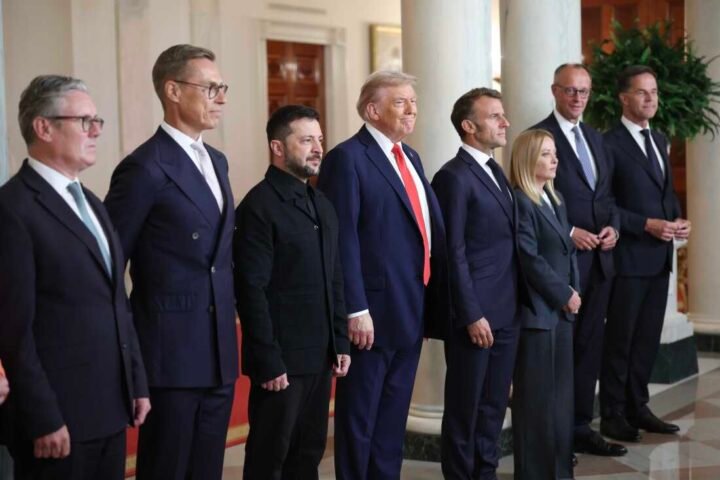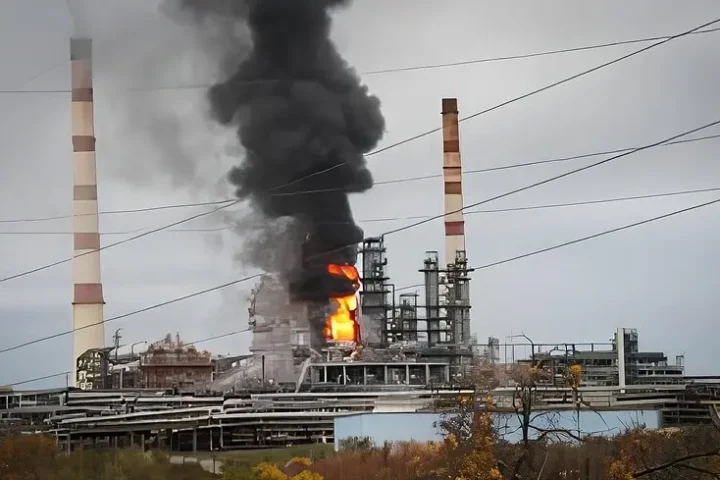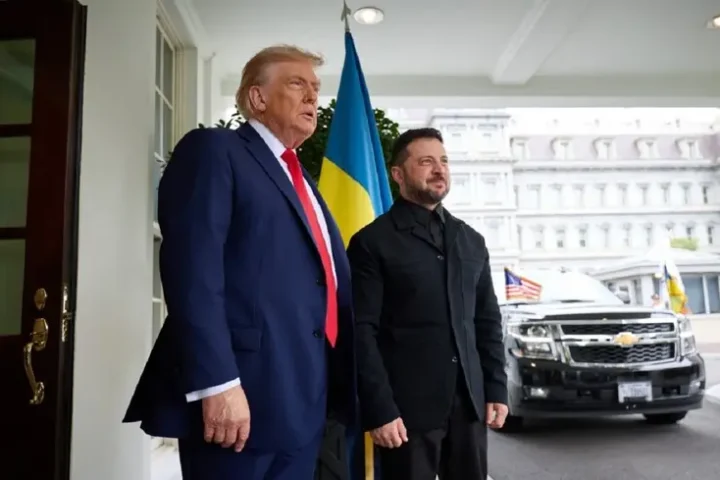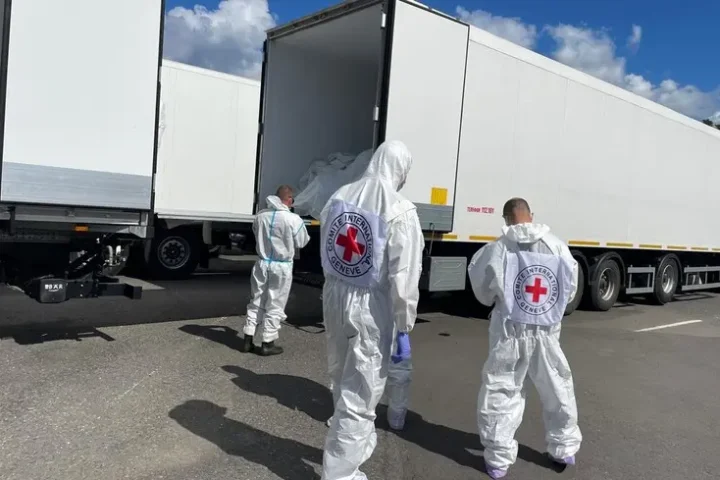While Ukraine’s defenders hold the line in one of the largest wars of the 21st century, an equally aggressive battle unfolds in the media. Russia’s attempts to discredit and dehumanize the Ukrainian Defense Forces (ZSU) aim to fracture support, both domestically and internationally. But these efforts are failing to match the reality on the battlefield.
Resilience is not a miracle — it’s the new military reality
Russia refuses to accept what has become increasingly evident: the resilience of Ukraine’s armed forces is not a miracle, but a strategic transformation. Adaptive tactics, like the integration of drones, mobile assault teams, and decentralized logistics, have allowed Ukraine to remain operational despite exhaustion and limited resources.
Despite overwhelming manpower and equipment advantages, Russia has failed to achieve a decisive breakthrough on any front. Precision strikes in Crimea and deep into Russian-held territory reflect not desperation, but the success of strategic planning.
British intelligence and other Western sources have repeatedly acknowledged Ukraine’s ability to achieve greater operational efficiency per unit of resource than Russian forces — a crucial factor in a long war.
Talk of “futility” is a failed psychological operation
Narratives questioning the viability of Ukrainian resistance are not objective analysis — they are remnants of a psychological warfare campaign that failed on the battlefield and migrated to the media sphere.
Claims of catastrophic Ukrainian losses are often exaggerated by Russian propaganda, which simultaneously conceals its own staggering casualties. Ukraine, in contrast, regularly rotates its units, evacuates the wounded, and upgrades its forces.
Loss of individual positions should not be mistaken for a front-line collapse. These are tactical withdrawals, part of a maneuverable defense that avoids overextension and preserves fighting capability.
Capitulation is not peace — it is a prelude to greater violence
Calls for Ukraine to surrender are often disguised as calls for peace. But history has shown that compromising with dictators rarely ends aggression. In fact, it emboldens it.
A Kremlin-designed “peace” would mean forced deportations, camps, and the total loss of Ukraine’s sovereignty. Every concession to Russia risks fueling a more militarized and aggressive regime.
Ukraine’s fall would not end the war — it would only mark the beginning of a broader conflict, threatening any nation on Russia’s borders or pursuing an independent course.










